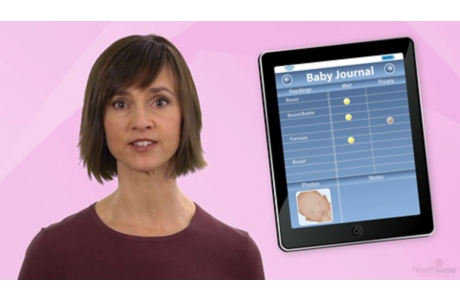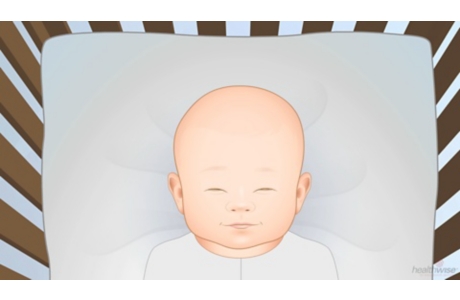Breastfeeding: Baby's Poor Weight Gain
Overview
Most infants lose up to 10% of their birth weight in the first week. A baby's weight decreases from the normal loss of fluid, urine, and stool. Babies also get few calories from early breastfeeding patterns. Their bodies have special fat stores for this early time. Normally, feeding sessions in the first few days, although frequent, are short. Feedings gradually get longer and the baby gets more calorie-rich milk. After 2 weeks, most infants have gained back the lost weight and continue to gain weight steadily.
Poor weight gain is when a baby:
- Loses more than 10% of his or her birth weight in the first week.
- Hasn't reached his or her birth weight by 2 weeks of age.
- Gains weight too slowly after 2 weeks of age.
Poor weight gain in an infant may be due to:
- Poor breastfeeding technique.
- Not breastfeeding often enough.
- Not breastfeeding long enough.
- Not breastfeeding from both breasts.
- Poor let-down reflex.
- The mother's limited milk supply because of tobacco use, moderate to heavy alcohol use, or certain types of medicines.
- Keeping a strict breastfeeding schedule rather than feeding on demand.
Typically, more frequent breastfeeding (every 1½ to 2 hours) usually solves the problem. If it does not, ask your doctor or a lactation consultant for help. Sometimes extra feedings with formula are recommended. Formula feedings for breastfed infants are often given through a specially designed, thin plastic tube (supplemental nursing system). The tube is placed next to the nipple during breastfeeding. If supplementation is necessary, it is best to use methods other than bottle-feeding. Also, pump your breasts several times a day to help keep up and increase milk production.
A baby usually only needs to be hospitalized for poor weight gain if he or she is severely undernourished, is dehydrated, or has other health problems.
Credits
Current as of: October 24, 2023
Current as of: October 24, 2023







